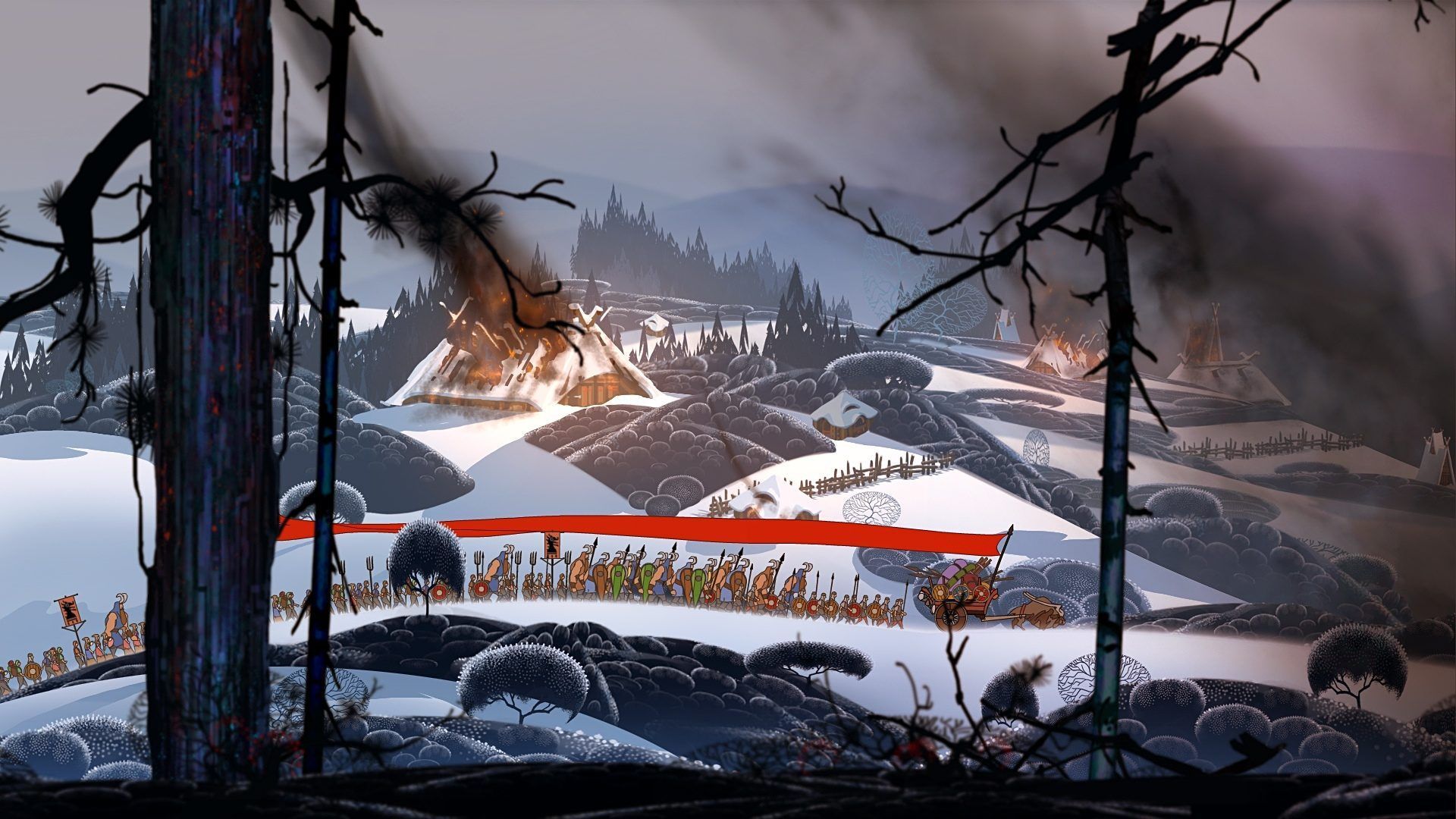Is the relationship between Games and Music all played out?
On the surface, the relationship between video games and music seems to be a straightforward one. One of the integral features that makes a well-written, mechanically strong video game into a masterpiece is music. On the flip side, video games benefit the music industry in many ways too. Then there are the unique examples such as Youtuber Dan Bull, who makes fantastic songs about video games, which have then been used by video game developers in order to market their games. These creative back and forth relationships are rare, but are an excellent example of how a sort of co-evolution can develop between the video game and music industries.
One of the integral features that makes a well-written, mechanically strong video game into a masterpiece is music.
If these links are so prominent and so beneficial for both sides, why has the music industry made it frustratingly difficult for these links to be maintained, cultivated further and celebrated? The music industry seems to specifically ignore the valuable contributions video games makes to it, and you can see this in the Grammys. First off, let’s talk about the fact that until 2011, video games were not eligible to be nominated for any category. Even with the allowing of video games to be nominated into the Grammys, there has been a significant handicap attached to them. They have to compete in the Visual Media categories. This is an important issue because they have to go up against blockbuster film scores, which have more money and more reach than individual game soundtracks, in order to even be considered for the award. This fact is the major contributor to why video game music has only ever been nominated twice for an award. The first was Christopher Tin’s ‘Baba Yetu’, which is the legendary piece of music recorded for Civilisation IV. This actually won the award for ‘Best Instrumental Arrangement Accompanying Vocalist(s)’ in 2010, but only 6 years after the song was first released in Civilisation IV, and because it was re-recorded which technically made it applicable to be nominated. The other nomination is from Austin Wintory, who composed the breath-taking soundtrack to the 2012 mega hit Journey, in which he was nominated for the ‘Best Score Soundtrack for Visual Media’ along side the titans of the movie music industry John Williams and Hans Zimmer. Personally, I don’t think that was a particularly fair fight, and this highlights how great video games can be completely overshadowed because the music industry refuses to acknowledge gaming’s individual contribution.
Even with the allowing of video games to be nominated into the Grammys there has been a significant handicap attached to them. They have to compete in the Visual Media categories.
Talking of Austin Wintory, he is the centre of another major issue between video gaming and music industries, and this is that music organisations are historically inflexible when it comes to making to video game recording deals. In 2015, Wintory was fined $2,500 by the American Federation of Musicians because he recorded music for the Banner Saga. This was an issue because the AFM hadn’t negotiated a contract with any game developers, because every video game composer in union was opposing the contract they were trying to get signed. This exemplifies the issues that gaming has in comparison to other media industries when it comes to music. One issue that video games have is that musicians tend to insist on a secondary market-based royalty to offset the original cost, but since video games have no secondary market, it’s a risk for game developers who are forced to put all their eggs in one basket and therefore less likely to hire those musicians. Another major contract issue is re-use fees, which means that game developers will have to pay a re-use fee to each musician for including the same music in sequels or DLC. This can potentially drive costs astronomically high for game developers, which makes it harder for them to get the music that they want. These limitations resulted in a two-year standoff between musician unions and video game developers where no new video game music was recorded unless it was done in breach of union contract (like Wintory did). Now although this issue has been resolved, with big companies like Microsoft striking up and agreeable deal, these types of limitations can really hurt smaller video game developers who don’t have as much negotiating power, and who may not be able to get the restrictions removed, as well as forcing talented musicians to not work for games they might have a passion in. These types of barriers show that the music industry might be willing to compromise but still keep video games are arms length.

Image: Stoic, Flickr
This threat to the licensing of music is a real issue that some game developers face, even after their game is developed. If the licenses start to run out then games can be forced to be removed from sale. Alan Wake is a high profile example of this recently where the game is being forced off Steam because those who own the rights to the music have not negotiated a renewal with Remedy Entertainment and Microsoft. This highlights another example of how people in the music industry can all but extort game developers, who work hard on creating amazing games, purely to gain more from licensing fees from developers who might not have the money for extended licensing (and who were perhaps naïve). Now this problem isn’t specific to video games, the same thing occurs in the movie industry with examples such as Steely Dan having licensing issues with Reservoir Dogs. Yet video game developers have a significantly less resources to deal with these, which results in the music industry disproportionately hurting video games than any other form of media.

Image: Remedy Entertainment, Flickr
Overall, I’m not saying that video games and music don’t work together, far from that, but at the same time if we are unwilling to look at the bigger picture here and realise that gaming is the black sheep of the music industry, then both sides can take steps to finally reunite the herd.

Comments